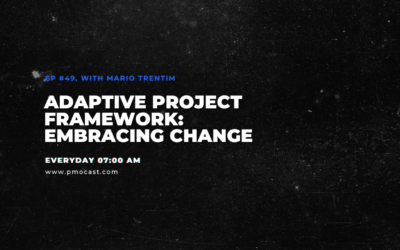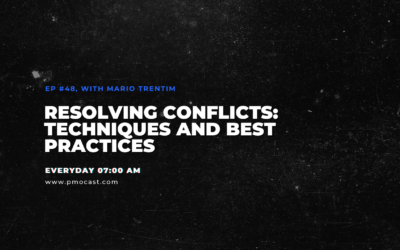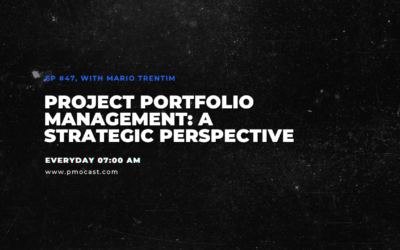In today’s globalized and digitally interconnected business landscape, diversity and inclusion have emerged as paramount factors influencing the dynamics of project management. This article focuses on “Embracing Cultural Intelligence in Project Teams,” an insightful topic that uncovers how diversity, coupled with cultural intelligence (CQ), can be a game-changer for project teams.
The Essence of Diversity and Inclusion
Diversity and inclusion have become buzzwords in the professional world, particularly in the realm of project management. The Project Management Institute (PMI) extols diversity and inclusion as essential drivers of innovation and productivity in project teams, reinforcing their value in professional discourse (PMI, 2018).
However, diversity transcends mere categorizations such as race, age, gender, or nationality. It encapsulates the array of perspectives, ideas, and problem-solving approaches stemming from a wide range of backgrounds and experiences. According to Dr. David Livermore, author of “Leading with Cultural Intelligence,” well-managed diverse teams can result in performance improvements of up to 35% (Livermore, 2016).
The Power of Cultural Intelligence
Managing diversity is not a straightforward endeavor. It necessitates Cultural Intelligence (CQ), a capability that enables individuals to effectively traverse and engage with different cultures. A Harvard Business Review study suggested that teams with high CQ are 2.9 times more likely to outperform their peers (HBR, 2011).
In project management, CQ requires recognizing cultural differences, understanding their implications for communication, decision-making, and conflict resolution, and adapting our approach to harness the power of diversity.
Practical Examples: Google’s Project Aristotle and the Global Genome Initiative
So, how can we actualize CQ in project management? An illustrative example can be found in Google’s Project Aristotle, an initiative aimed at discerning the ingredients of effective teamwork. The findings underscored that success was not about the ‘who,’ but the ‘how.’ More specifically, it was how team members interacted, structured their work, and perceived their contributions that mattered. Google identified psychological safety as the most crucial element, meaning team members felt safe to take risks and express vulnerabilities (Google re:Work, 2015).
Drawing lessons from Google’s insights, it’s essential for project managers to cultivate an environment where all team members feel valued, heard, and safe to express their ideas and concerns. It’s about shifting from a culture of judgement to one of curiosity, promoting collaboration, and fostering mutual respect.
An international project that beautifully demonstrates the power of CQ is the Global Genome Initiative led by the Smithsonian Institution. Hundreds of scientists from over 40 countries, each with unique cultural backgrounds, collaborated on this project. Despite the cultural differences, project managers navigated the complex landscape using a collaborative approach that valued every voice, leading to groundbreaking work in the field of genomics (Smithsonian Institution, 2020).
Embracing Diversity, Inclusion, and CQ: A Necessity, not an Option
In conclusion, for project managers, embracing diversity, inclusion, and cultural intelligence is not just an advantageous strategy—it’s a necessity. By cultivating a diverse and inclusive project team, you’re setting up your project for success, capitalizing on diverse perspectives to spur creativity, innovation, and informed decision-making.
Further Readings:
“Leading with Cultural Intelligence: The Real Secret to Success” – Dr. David Livermore
Google’s re:Work – “Guide: Understand team effectiveness”
Smithsonian’s Global Genome Initiative
Stay connected for more insights into project management, and remember, in a culturally diverse team, your cultural intelligence is the key to unlock the door of success.




0 Comments